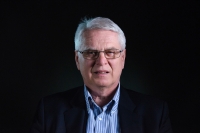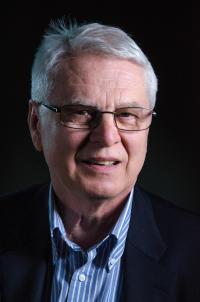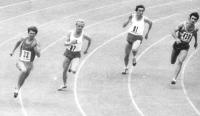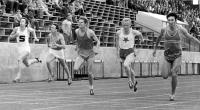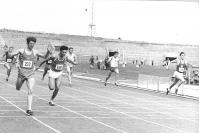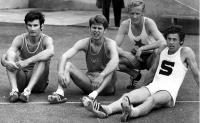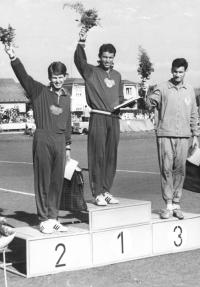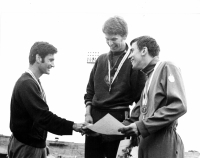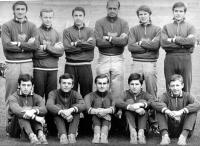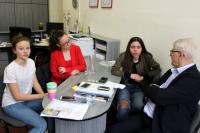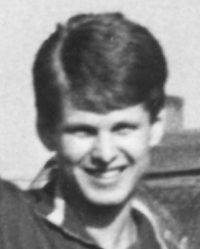I am faithful to Dukla to this day
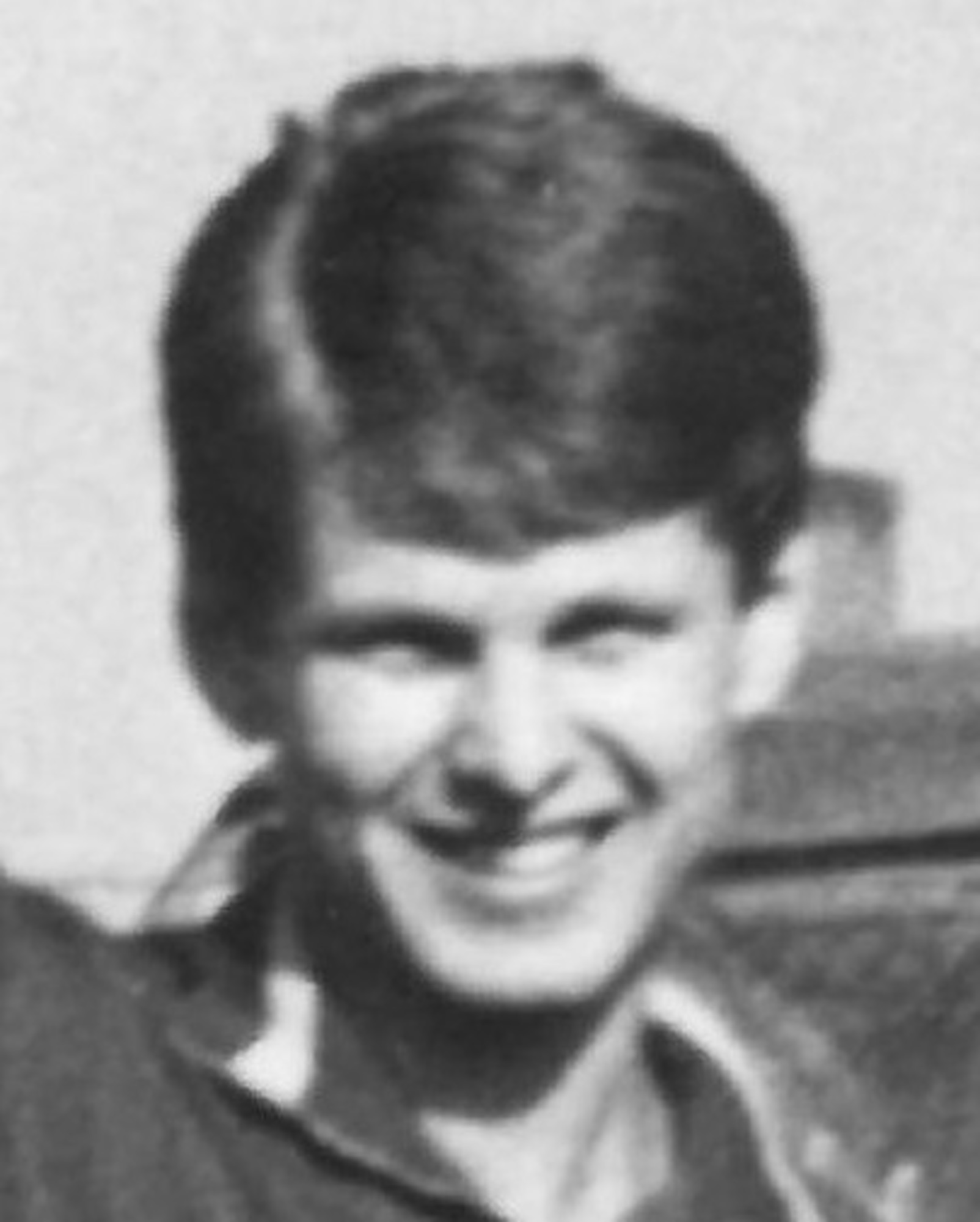
Stáhnout obrázek
Jiří Kynos was born on 24 March 1943 in Třebechovice pod Orebem. He grew up having a pond just a hundred meters from his home and a football field only two hundred meters far. This foreshadowed his future sports career. As a child he would spend the winter on ice-skates on the pond and the rest of the year on the field. From six to eighteen years of age he had competed in both hockey and football. During his studies of a technical school in Rychnov nad Kněžnou had he discovered athletics which later became his primary discipline. In 1960 during a PE class he had finished a 100 meters race in 11,9 seconds and a year later began competing in sprint races, thus adding to hockey and football. Jiří‘s times were improving constantly. In 1961 already did he finish a 60-meter dash in a record of 6,9 seconds and 100 meters in 10,6 seconds, ending third at the Czechoslovak championship and becoming a member of the national junior team. Thanks to his university education, following his active career he was able to become a clerk with the top level sports department at the Ministry of National Defense. There he stayed from 1974 to 1988 when he became a member of the governmental committee for sports.
